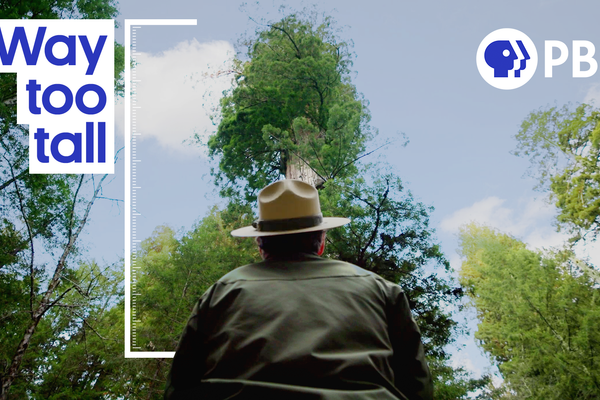A Pride Month Playlist, Brought to You by the Jazz Age
“You go and give your girl a kiss in the hall / But instead you find you’re kissing her brother Paul.”
The post-World War I era saw an explosion of challenges to gender norms. Drag shows and cabarets became fixtures of the growing party culture: in the U.S., prominent venues like The Hamilton Lodge in Harlem regularly accommodated thousands of customers. Gender-bending entertainers like Gladys Bentley, who donned a white tuxedo and top hat and performed overtly sexual songs parodies, became local celebrities.
The increased visibility of queer people—and the social upheaval it represented—was especially evident in the era’s music. In 1920, in Germany, a new and controversial type of song swept the Weimar Republic: a gay anthem. Dedicated to the sexologist Magnus Hirschfeld, an early advocate who tried to decriminalize homosexuality in Germany, “Das Lila Lied”—in English, “The Lavender Song”—boldly humanized homosexuals while condemning those who failed to tolerate them. A 1996 English version, featuring the cabaret star Ute Lemper, includes these lyrics:
The crime is when love must hide
From now on we’ll love with pride
The song was perhaps only possible because of the post-war social turbulence. But the undoing of traditional notions of gender and romance worked its way into American music as well. A popular 1920s drag song called “Masculine Women! Feminine Men!” epitomized this.
Written by Edgar Leslie, “Masculine Women! Feminine Men!” became somewhat of an anthem for its celebration of blurred gender roles. “Masculine women, feminine men,” the refrain goes. “It’s hard to tell ‘em apart today.” The song also features such quality lyrics as:
You go and give your girl a kiss in the hall
But instead you find you’re kissing her brother Paul
and:
You say hello to Uncle Joe
Then look again and you find it’s your Auntie Flo
It wasn’t alone: many anthems of the ’20s and ’30s that made reference to drag. Some featured singers, especially black female blues singers, explicitly discussing their sexual relationships with members of the same gender.
In honor of Pride Month, here is a queer playlist courtesy of the Jazz Age.
“Someone Will Take Your Place” by Alberta Hunter (1923)
Blues singer and Broadway star Alberta Hunter was well known for her song “Downhearted Blues,” but in the less famous “Someone Will Take Your Place,” she talks of replacing a newly departed lover. In one line, she croons, “So if you didn’t want me, tell me to my face, cause five or six women going to take your place.”
“Prove it On Me” by Ma Rainey (1928)
The oft-labeled “Mother of the Blues” Ma Rainey married a man, but she had a reputation for sleeping with women. In “Prove It On Me,” Rainey rejects any shame associated with her sexuality or gender presentation:
Folks say I’m crooked. I didn’t know where she took it
I want the whole world to know.
She later sings:
Went out last night with a crowd of my friends
They must’ve been women, ‘cause I don’t like no men.
It’s true I wear a collar and a tie
Makes the wind blow all the while
Don’t you say I do it, ain’t nobody caught me
You sure got to prove it on me.
“Freakish Man Blues” by George Hanna (1930)
George Hanna was no stranger to queer music. His song “Sissy Man Blues” implores the audience, “If you can’t bring me a woman, bring me a sissy man,” while “The Boy in the Boat” describes a relationship between two women. In “Freakish Man Blues,” Hanna ponders his interest in men:
There was a time when I was alone
My freakish ways could streak
But they’re so common now
You get one every day of the week.
“B.D. Woman’s Blues” by Lucille Bogan (1935)
Recorded by Lucille Bogan, a.k.a. Bessie Jackson, “B.D. Woman’s Blues” celebrates the lives of “bulldaggers,” a slang term used to describe masculine women. In it, Bogan predicts that there is “comin’ a time” when “B. D. women ain’t gonna do need no men.”
She says of these women: “They got a head like a sweet angel and they walk just like a natural man;” “they can lay their jive just like a natural man;” and “you know they work and make their dough.”
Video Wonders are audiovisual offerings that delight, inspire, and entertain. Have you encountered a video we should feature? Email ella@atlasobscura.com.
























Follow us on Twitter to get the latest on the world's hidden wonders.
Like us on Facebook to get the latest on the world's hidden wonders.
Follow us on Twitter Like us on Facebook